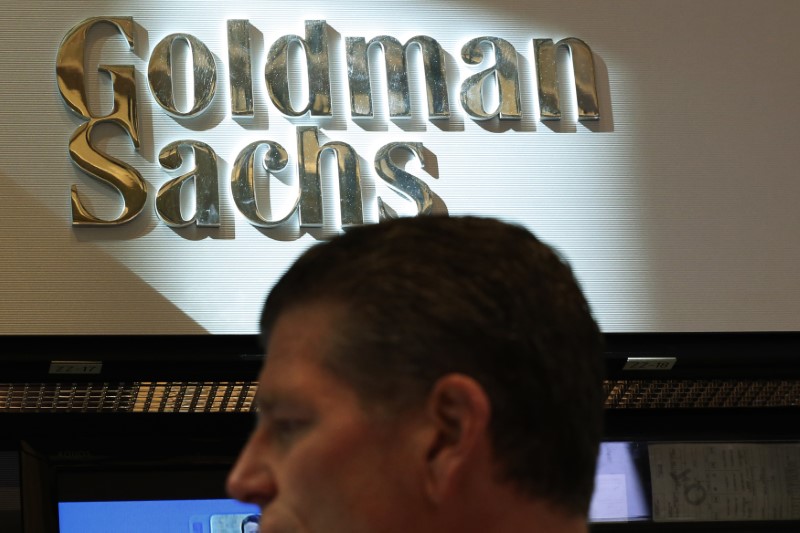Quiver Quantitative - Goldman Sachs (GS) is facing a challenging exit from its four-year-old credit card partnership with Apple (NASDAQ:AAPL), marking a significant turn in the Wall Street giant's consumer banking ambitions. The potential divestiture from this partnership, once seen as a promising venture into consumer finance, now appears to be a costly and complex undertaking. Goldman is reportedly seeking a buyer for its share of the partnership but faces potential pressure to devalue its stake to attract bids. This development is another setback for CEO David Solomon's consumer strategy, which has aimed to diversify the bank’s revenue streams beyond its traditional trading and investment banking operations.
Prospective buyers for Goldman's stake in the partnership are expected to negotiate for changes in the deal terms, particularly seeking access to Apple's proprietary credit card data. The partnership's divestiture would involve significant financial implications, given that Goldman has not publicly disclosed the financial details of its card business. Companies such as Synchrony Financial (NYSE:SYF), Citigroup (C), and Capital One (COF) are considered potential suitors, although they are likely to demand more favorable terms.
Market Overview: -Goldman Sachs faces a messy divorce from its Apple credit card partnership, marred by potential writedowns and profitability woes. -Bidders circle but demand lower valuation and access to Apple's coveted data, adding pressure to the struggling venture. -Solomon's consumer strategy takes another hit, raising questions about the future of Goldman's foray into retail banking.
Key Points: -Goldman's stake in the Apple card is likely to see a hefty reduction in value during the sale process, reflecting concerns about profit margins and risk potential. -Prospective buyers like Synchrony, Citigroup, and Capital One could emerge as potential partners, but only if Apple loosens its data grip and renegotiates terms. -This unwinding marks a further blow to Goldman's consumer ambitions, following setbacks in retail and continued losses in the credit card business.
Looking Ahead: -The negotiation process and sale price will be closely watched as a gauge of Goldman's potential losses and the future of the Apple card itself. -Apple's willingness to share data could be a deal-breaker, with implications for its own financial services aspirations. -The episode throws shade on the viability of tech-finance partnerships, particularly in the credit card space, where profitability remains elusive.
Apple's recent proposal, allowing for a 12 to 15-month exit window for Goldman, underscores the evolving nature of this partnership. The original collaboration, which began under former Goldman CEO Lloyd Blankfein and continued under Solomon, aimed to leverage Apple's vast customer base. However, the partnership has faced challenges, including renegotiations and a shift in focus under Solomon's leadership. Analysts view the potential divestiture as a sign of the card operations' lack of profitability, reflecting the difficulties of sustaining a new credit card business.
The dissolution of the Goldman-Apple credit card partnership signifies a pivotal moment in Goldman Sachs' venture into consumer banking. The deal initially represented a bold move to tap into a new customer segment, but challenges in underwriting and loan provision, coupled with the venture's failure to yield expected profits, have led to this reconsideration. The partnership, which attempted to attract customers through incentives like no annual fees and high-yield savings accounts, now illustrates the complexities and risks involved in large-scale financial collaborations between tech and banking giants.
This article was originally published on Quiver Quantitative
